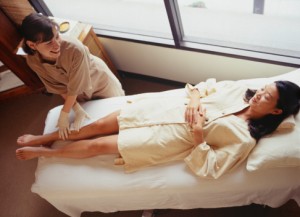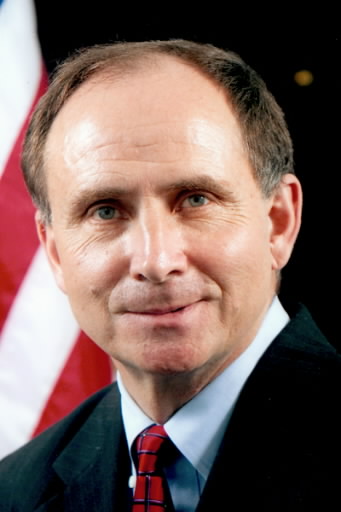Washington State Changes Esthetician Licensing Law
Thursday, May 2nd, 2013In the field of beauty, the regulations are constantly changing. This is because technological advances are forever enhancing the treatments and services that can be given. The field of esthetics is currently being affected by advancements, and these changes are creating a need for adjustments to be made in the current regulations.
First and foremost, the beauty industry generated $60 billion in revenue in 2008, and by 2011, this rate rose by 5.3 percent. A portion of this profit was earned by estheticians who are currently employed by medical spas, clinics and even by dermatologists.

The state of Washington currently has laws implemented that require an esthetician to have 600 hours of training from a licensed school. A student must pass an examination given by the Washington State Department of Licensing (DOL). Once the 600 hours of training have been completed, a licensed esthetician is able to use lasers under the supervision of a physician, according to the regulations enforced by the Medical Quality Assurance Commission. Seems simple, right? Well, the issue lies with the fact that during the course of a 600-hour training program, it’s not feasible to fit laser training into the curriculum; even basic laser training is difficult to be squeezed into such a short time span.
As of right now, the laser training rests on the shoulders of the business that hires the esthetician, and there are no set standards as to how it is done. In fact, the laser training can consist of a few hours of instruction from the person who sells the company a laser and that person then spreads the word to the rest of the staff. In some instances, an employee may go through private lessons, and who pays for it depends on the company that hires the esthetician. And some estheticians opt to go out of state to well-known facilities for more comprehensive training. One laser clinic has spent more than $25,000 to send her estheticians for out-of-state training.
Originally, the Northwest Aestheticians’ Guild proposed that schools begin offering a 1,200-hour training, but this idea was shot down, since it would cause people to have to learn more than just the traditional practice of esthetics. Not to mention, it would harm schools because it would lead to them being required to double their training, which could possibly put them out of business.
The bill that’s set to go into law will increase the 600-hour training to 750 hours. This will help familiarize students with the new technologies, and it will give the students more opportunities to practice. Laser services will not be part of the 750-hour certification curriculum, and all estheticians will no longer be able to give infections. A new license will be created known as the master esthetician license, which consists of 1,200 hours of training and includes instruction on lasers and medium-depth peels. Skincare professionals who have a 600-hour esthetician license will automatically be grandfathered into the 750-hour license. Anyone who now has an esthetician license will have five different ways to become eligible for the master esthetician license, and it gives current estheticians until January 1, 2015 to qualify for the master esthetician license by being grandfathered in.


